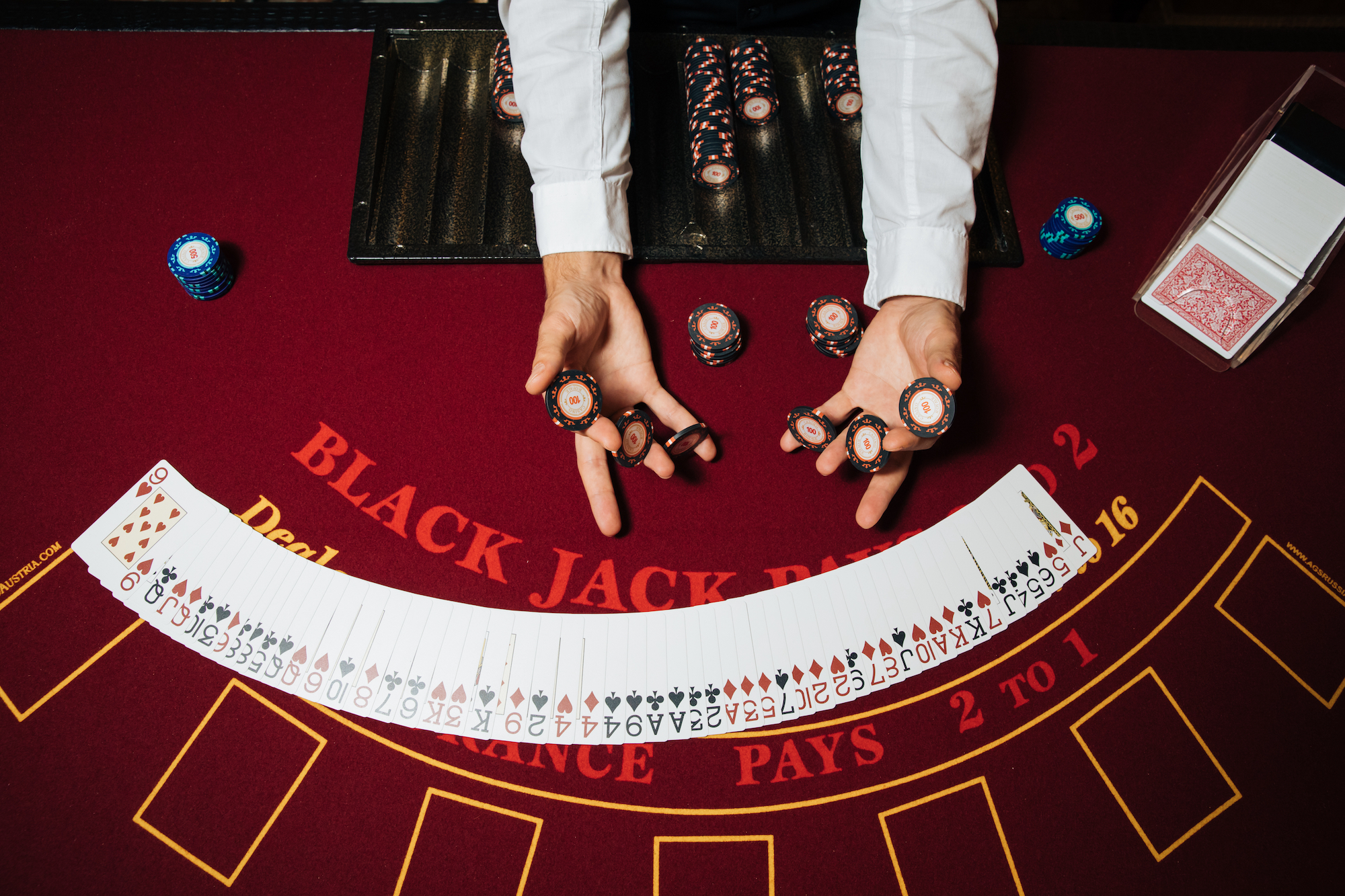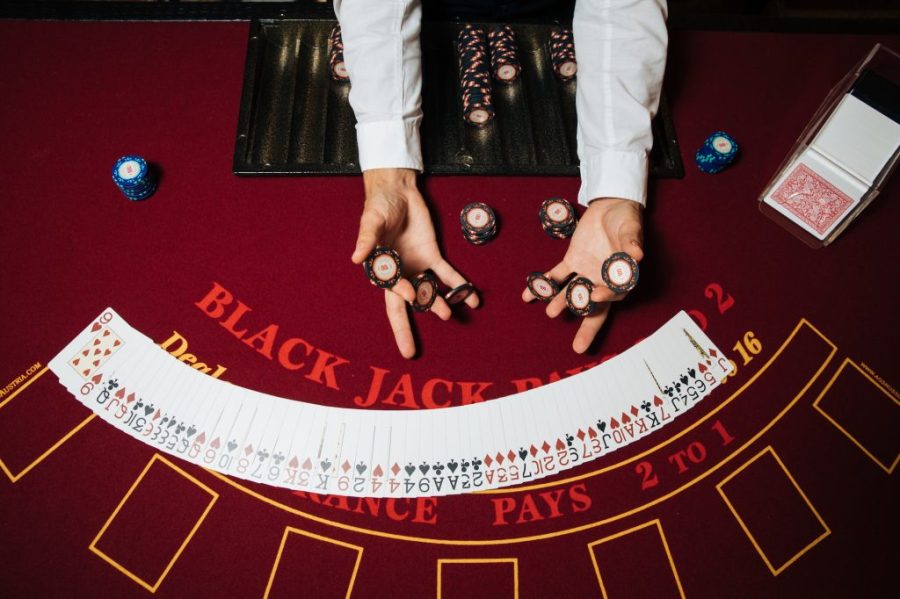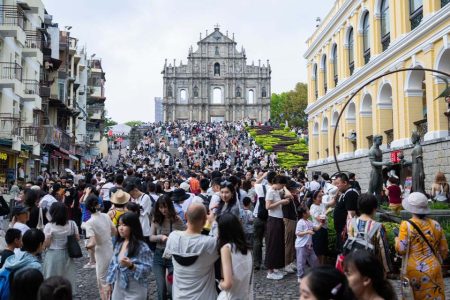Lawmaker Andrew Chan Chak Mo, who chairs the Legislative Assembly’s Second Standing Committee, has said that gaming promoters and their “collaborators” can deposit money into a non-interest-bearing account opened by the respective gaming concession companies on behalf of the respective gamblers.
The committee is reviewing a government-initiated bill regulating the city’s junket operators – officially known as gaming promoters.
Speaking after yesterday’s closed-door meeting reviewing the junket bill, Chan added that the deposits would only be legal if expressly authorised by the gamblers. No government officials were present at yesterday’s meeting.
The latest version of the junket bill proposes to ban illegal deposit-taking, where a junket operator, management company or its so-called collaborators request, solicit or accept a deposit in cash or gaming chips from others with the intention of obtaining benefits from casino gambling, with a proviso that the junkets and their collaborators hired by them are allowed to deposit the cash or gaming chips on behalf of the gambler into a special account opened by the respective gaming company.
The bill proposes that the offence will be punishable by two to five years’ imprisonment, if no other law imposes a heavier penalty.
Under the bill, the offence of illegal deposit-taking is proposed to apply to “any person” in the gaming industry, including the city’s gaming concessionaires, management companies hired by concessionaires, gaming promoters and their sub-agents (officially called “collaborators” by the bill).
Chan underlined that this was to eliminate illegal fundraising in local casinos, adding that it was not to be confused with the normal service of a junket – depositing money on behalf of gamblers with the intention of temporary storage of their cash and gaming chips, and not with the intention of obtaining benefits from casino gambling.
Chan further said that junkets help gamblers exchange money for rolling chips, so as to make it more convenient for the gamblers, but this could only be operated through an account opened by the gaming concession company, not by the junkets. However, Chan noted that it is legal for junkets to accept tips from gamblers.
The latest version of the junket bill proposes that the approval of and any adjustment to the contract to be signed by the respective gaming concession company and the junket operators must be authorised by the government’s policy secretary for economy and finance, while the previous version of the bill proposed that any adjustment to the contract should be authorised by the director of the Gaming Inspection and Coordination Bureau (DICJ).
While the previous version of the gaming bill proposed that the gaming inspectorate should set a maximum number of junkets operating in each gaming concession company for the following year by 30 November each year, the latest version of the bill proposes that the maximum number be accompanied by additional criteria such as the development of the gaming industry, the size of the gaming industry and the overall economic situation of each gaming concession company.
According to the DICJ, 37 gaming promoters were in operation as of April 2022, while one has requested that their licence be cancelled. The bureau said it had examined the eligibility of 31 “collaborators” last year.
Macao’s amended gaming law took effect on 23 June, enabling the government to grant up to six gaming concessions in a public tender, which is slated to be completed before the end of the year, so that the up to six gaming concession companies could start operating right away.
The committee will hold another meeting tomorrow to review the bill, The Macau Post Daily reported.






